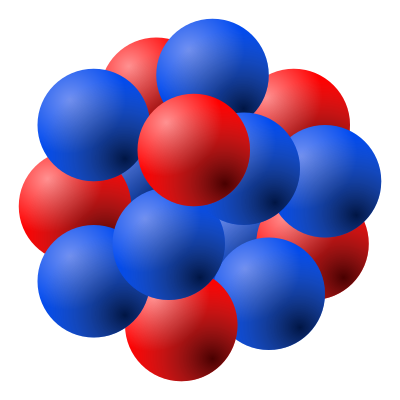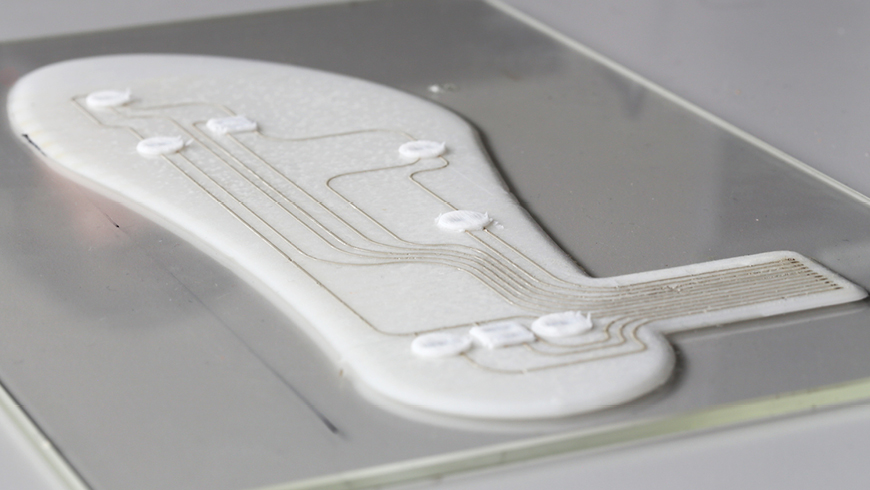Nuclear physicists just produced the lightest version of a uranium atom ever. It has just 122 neutrons. However, Uranium-238 which forms more than 99 percent of the world’s naturally occurring uranium has 146 neutrons.
Isotopes of an element always have the same number of protons, but a different number of neutrons. In the case of uranium, isotopes of Uranium have 92 protons, but with differing numbers of neutrons. This new isotope has 214, which is the lowest number of those particles ever discovered. So, it is called Uranium-214.
How researchers managed to produce this new isotope
Researchers produced this isotope using long-term process of blasting tungsten samples with calcium and argon beams until the atoms fuse. So, researchers then picked the uranium-214 atoms out of the sample via a magnetic tool known as a separator.
Zhiyuan Zhang at the Chinese Academy of Sciences, said, “The production of these atoms is very difficult, because not every collision can produce what we want,”
“About 1018 beam particles were delivered to collide with the target, but only two nuclei of uranium-214 were produced successfully and separated.”
On observing the decay of these nuclei, researchers found that the half-life of uranium-214 is about 0.52 ms. Earlier researchers worked on two previously discovered isotopes, uranium-216 and uranium-218. They found that the half-lives of these two isotopes were about 2.25 ms and 0.65 ms, respectively.
Not only this, but they also measured how these isotopes decay. They discovered that when an atom loses two neutrons and protons,uranium-214 and uranium-216 undergo alpha decay. Researchers say this implies that the interactions between protons and neutrons in these atoms are stronger than in other atoms.
Zhang said, “Our findings may be the first experimental evidence that strong proton-neutron interactions can play an important role in alpha decay. [heavy nuclei]”







